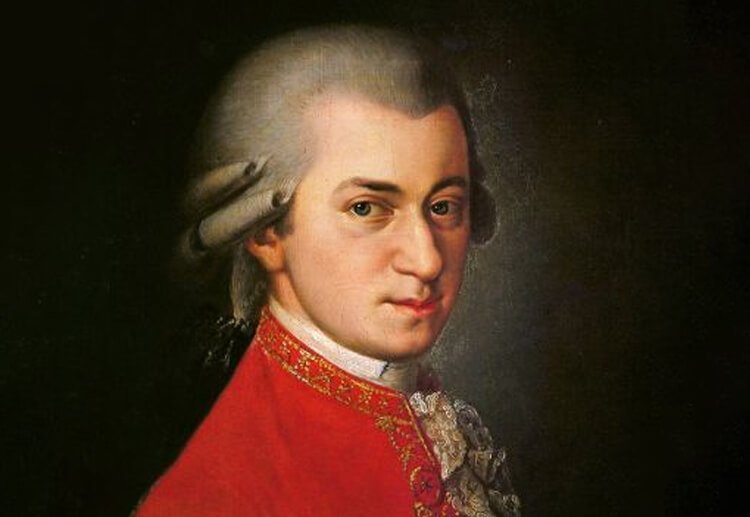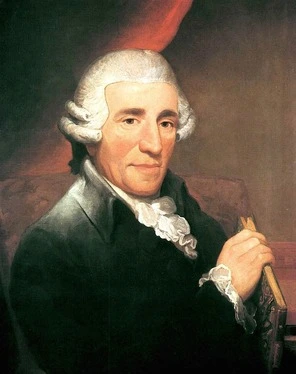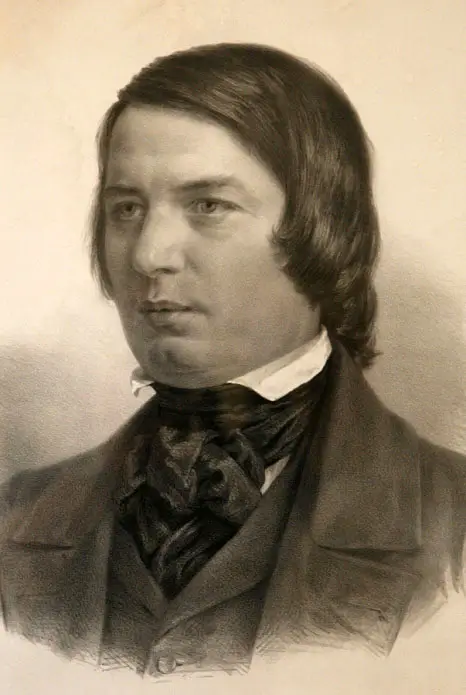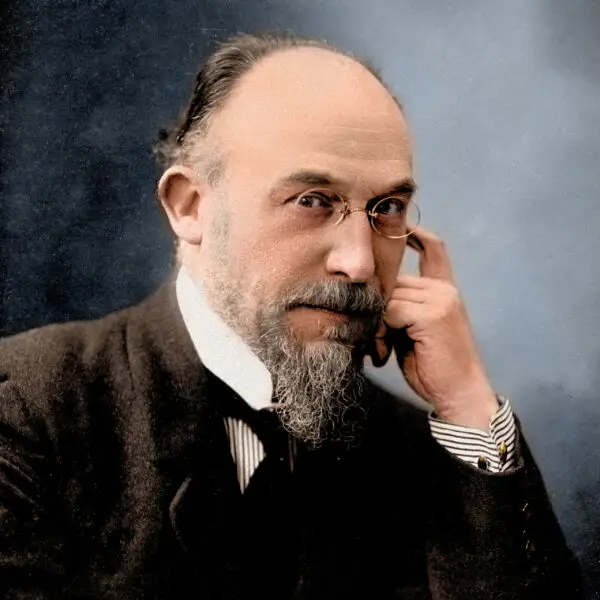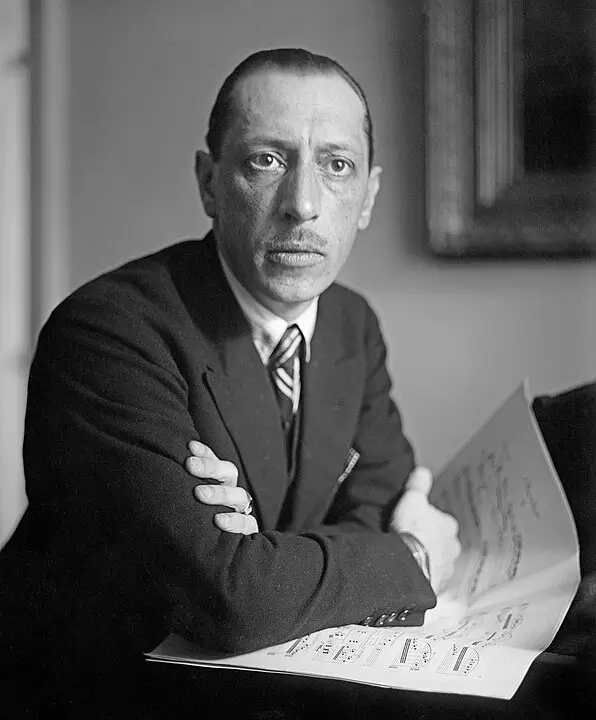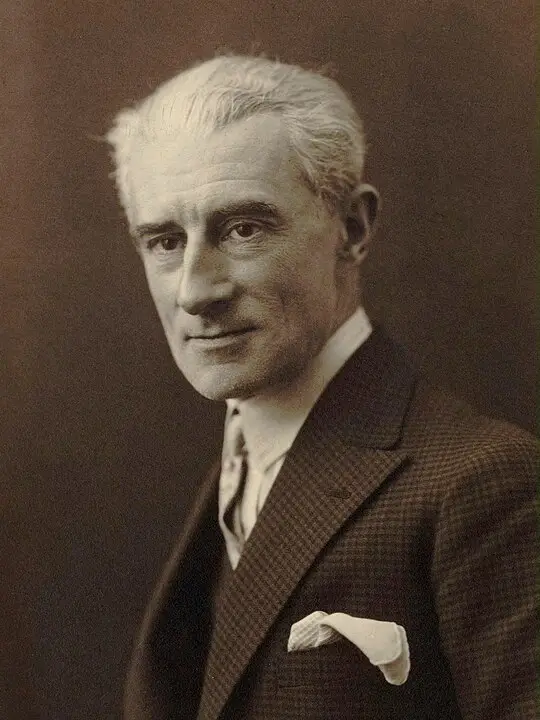Introduction
Wolfgang Amadeus Mozart, one of the most influential composers in the history of classical music, was born on January 27, 1756, in Salzburg, Austria. His prodigious talent and remarkable compositions continue to captivate audiences worldwide, even centuries after his untimely death at the age of 35. Mozart’s musical genius, coupled with his prolific output, has solidified his place as one of the greatest composers of all time.
Early Life
Mozart’s early life was marked by his extraordinary musical abilities, which became apparent at a very young age. Born into a musical family, his father, Leopold Mozart, recognized his son’s talent and began teaching him the harpsichord and violin when he was just three years old. By the age of five, Mozart was already composing small pieces, astonishing those around him with his innate musicality.
Musical Training and Development
As Mozart grew older, his musical training intensified. He studied under renowned composers and musicians, including Johann Christian Bach and Joseph Haydn. These experiences allowed him to refine his skills and develop a unique style that would later define his compositions. Mozart’s dedication to his craft was evident in his tireless work ethic, often spending countless hours practicing and composing.
Major Works and Compositions
Mozart’s body of work is vast and diverse, encompassing symphonies, concertos, operas, chamber music, and choral compositions. Some of his most notable works include his Symphony No. 40 in G minor, his opera The Marriage of Figaro, and his Requiem Mass in D minor. These compositions showcase Mozart’s ability to seamlessly blend melody, harmony, and emotion, leaving a lasting impact on the classical music landscape.
Connections to other Composers
Throughout his career, Mozart had significant connections with other composers of his time. One of his most notable collaborations was with the Italian composer Antonio Salieri, who was both a friend and a rival. Their relationship was complex, with Salieri admiring Mozart’s talent while also feeling envious of his success. Despite their differences, their interactions influenced each other’s compositions and pushed them to new artistic heights.
Character and Philosophy
Mozart’s character was often described as lively, playful, and full of wit. He had a mischievous sense of humor and a love for practical jokes. However, beneath his jovial exterior, Mozart was a deeply introspective and sensitive individual. His compositions often reflected his emotional depth, with moments of profound sadness and joy intertwined. Mozart believed that music had the power to evoke emotions and connect people on a spiritual level, a philosophy that permeated his work.
Life in Vienna
Mozart spent a significant portion of his life in Vienna, the cultural hub of Europe during the late 18th century. The city provided him with numerous opportunities to showcase his talent and establish himself as a prominent composer. Vienna’s vibrant music scene allowed Mozart to collaborate with other musicians, perform in prestigious venues, and gain recognition from influential patrons. However, despite his success, Mozart faced financial difficulties throughout his time in Vienna, often struggling to make ends meet.
Death
Tragically, Mozart’s life was cut short when he passed away on December 5, 1791, at the age of 35. The exact cause of his death remains a subject of debate, with theories ranging from rheumatic fever to poisoning. Regardless of the cause, Mozart’s premature death left the world mourning the loss of a musical genius. His legacy, however, lives on through his timeless compositions, which continue to inspire and move audiences to this day.
In conclusion, Wolfgang Amadeus Mozart’s impact on the world of classical music is immeasurable. His early talent, rigorous training, and remarkable compositions have solidified his place as one of the greatest composers in history. Mozart’s connections with other composers, his unique character and philosophy, and his life in Vienna all contributed to his artistic development. Although his life was tragically short, Mozart’s music continues to captivate and inspire generations, ensuring that his genius will never be forgotten.

